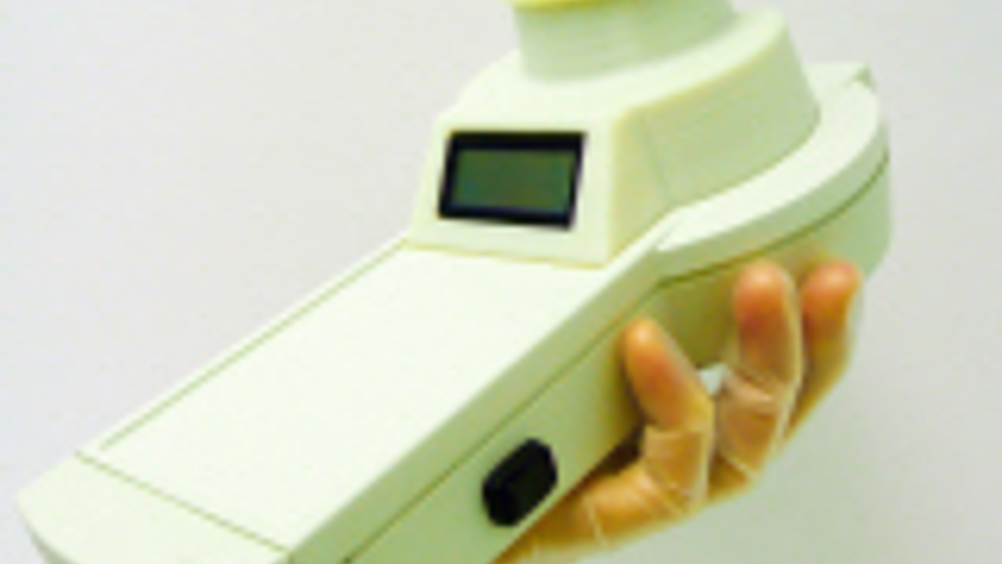Handheld device claimed to diagnose malaria twenty times faster
A rapid handheld diagnostic device has been designed to address the high levels of malaria related infant mortality in sub-Saharan Africa. The battery operated technology, which enters field testing next year, is said to apply magneto-optic techniques to reach a diagnosis through a finger prick format. It claims to be twenty times faster than other tests.

The device has been developed by the University of Exeter's College of Engineering, Mathematics and Physical Sciences. It is targeted for use by minimally skilled health workers in the remotest environments.
The innovative equipment, which has been shortlisted in the Healthcare Technologies category of the 2010 IET Innovation Awards, makes its diagnosis by detecting changes brought by infecting malarial parasites on the oxygen carrying haemoglobin molecules contained in red blood cells.
It has been designed to fully satisfy the requirements of the Global Health Diagnostics Forum (GHDF), and is said to be just as sensitive as other tests without requiring reagents, the temperature sensitivity of which is known to mar the performance of the only other portable test.







